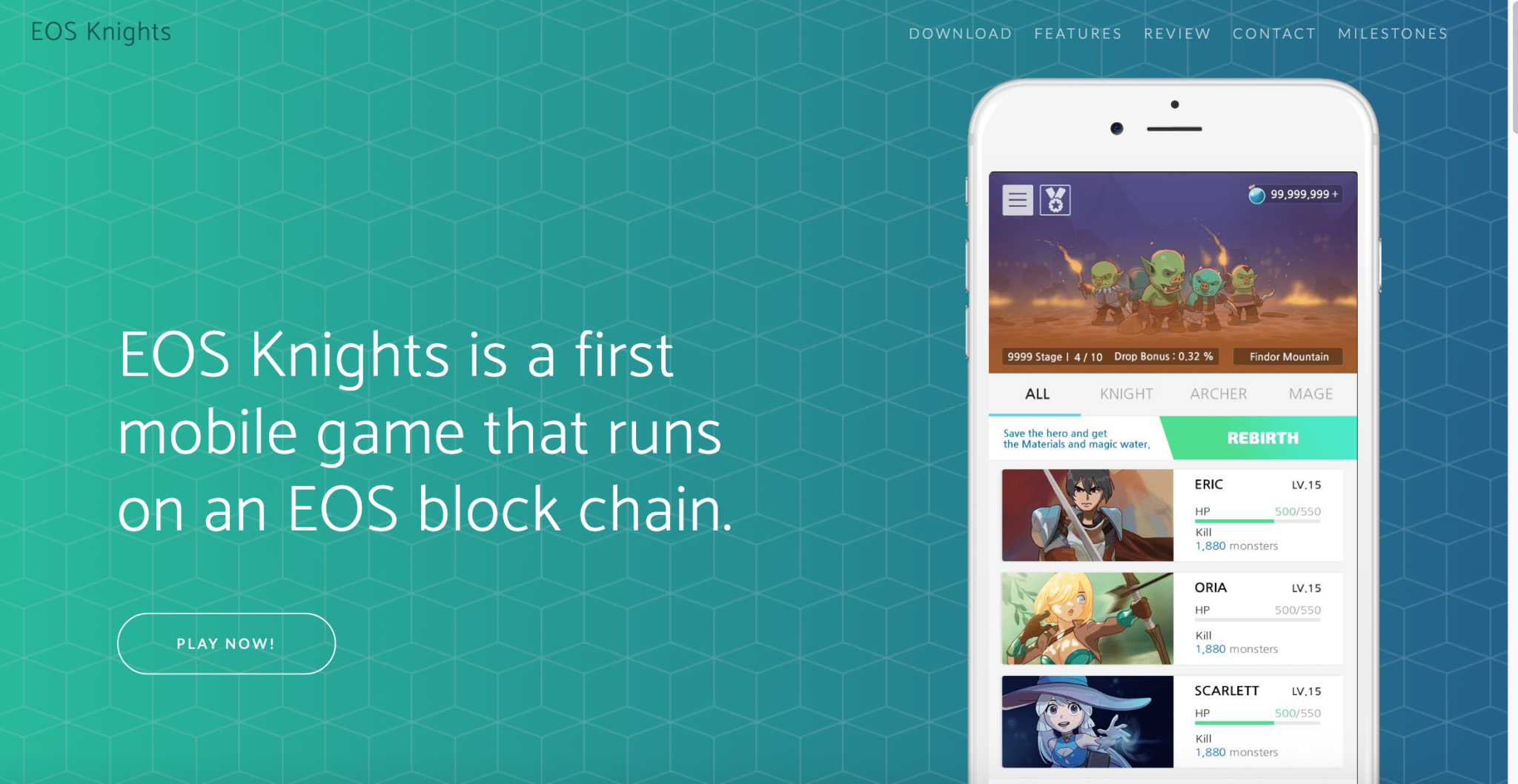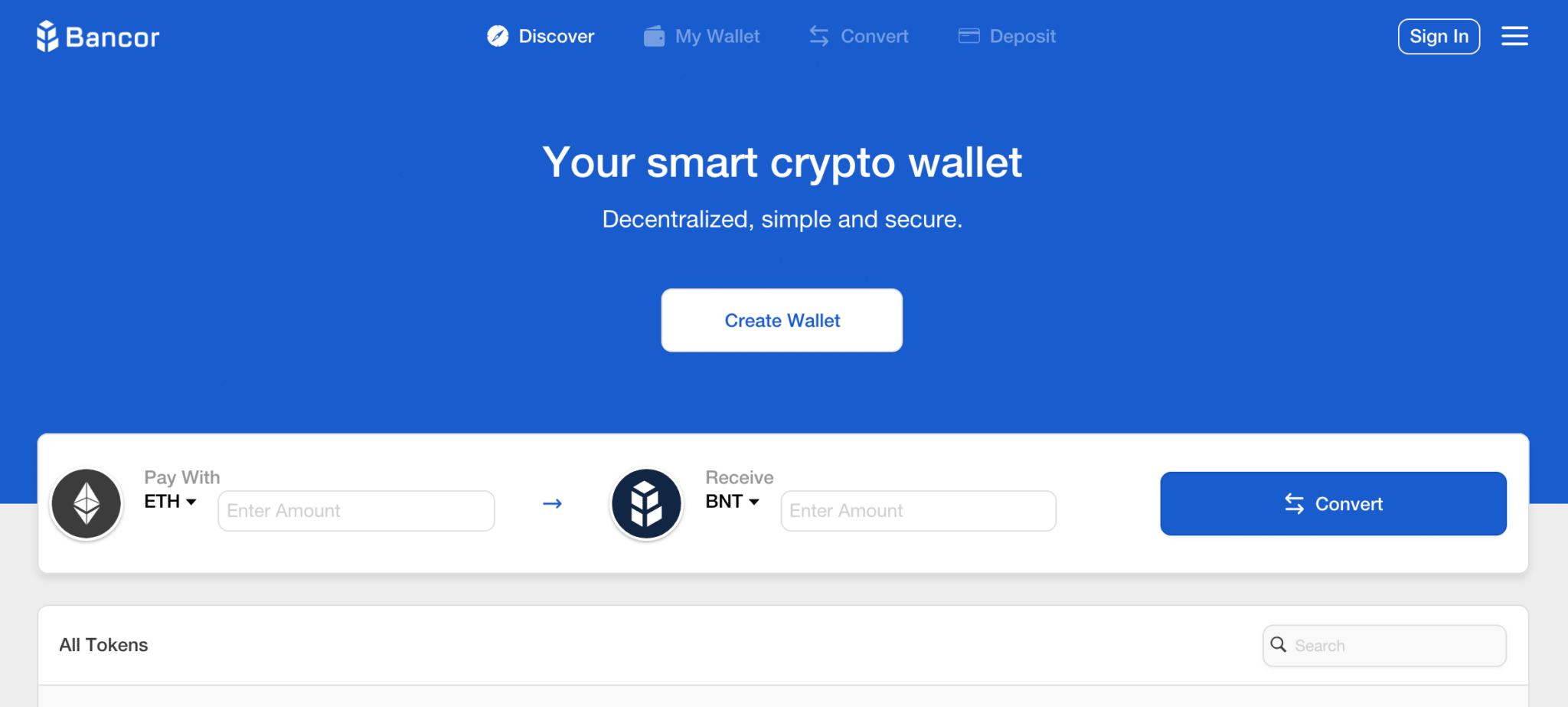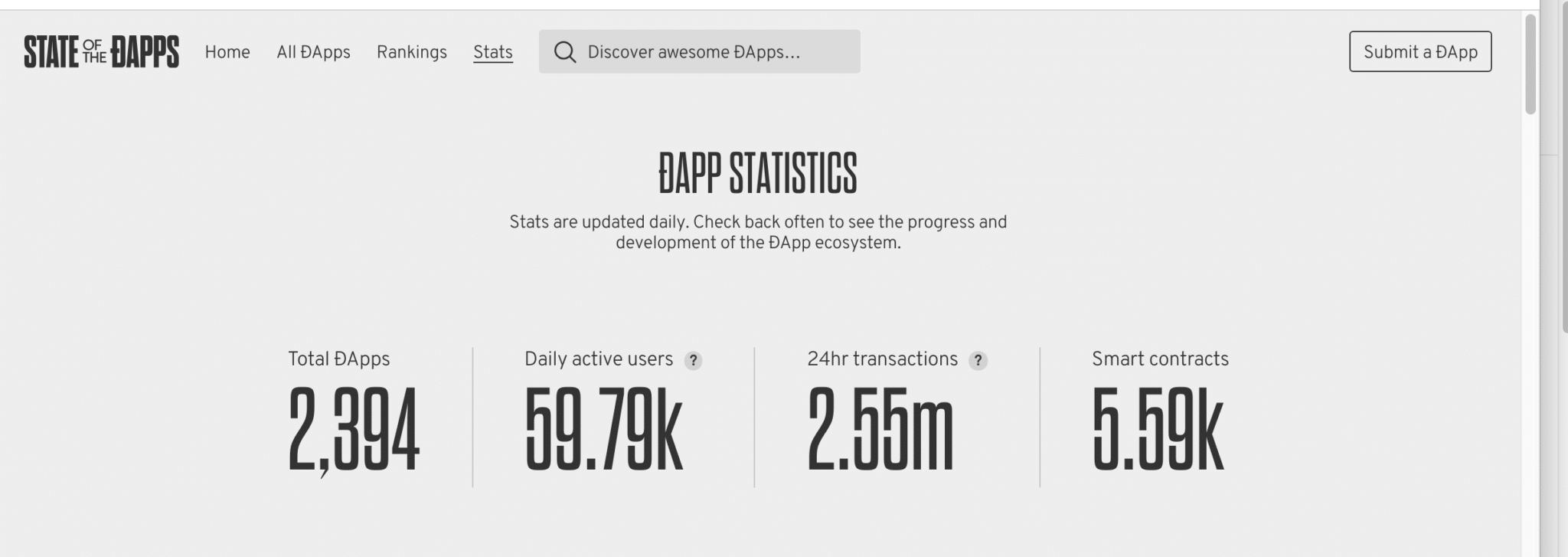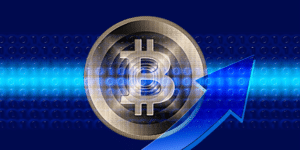As we move into 2019, it seems a good time to look back over developments from the previous year. In 2018 we’ve seen the launch of EOS and Tron, adding to the existing ecosystem of platforms including Ethereum, Lisk, and Cardano. There is much discussion about the various benefits of these distributed application platforms including security and scalability. However, it’s also interesting to consider the usage of these platforms as a basis for distributed application development.
Here, we look at the most popular distributed application use cases so far. We’ve judged popularity both by user volume, and a number of instances of each use case on the major platforms, as shown on sites such as Dapp Radar and State of the DApps. As the numbers and ratings frequently disagree with one another across different sites, this is a high-level, rather than scientific overview.
Distributed Application Use Cases
1. Gaming and Gambling
Gaming and gambling are one of the most popular distributed application use cases by far, and it’s a broad category. It includes applications as pure games, many of which take advantage of blockchain’s ability to store digital assets in the form of collectibles securely. Cryptokitties was the first to make use of Ethereum’s ERC-721 non-fungible tokens. However, blockchain collectible gaming now also includes EOS Knights and Etheremon.

Gambling games are also popular. Dice games such as dice2win and Endless Dice frequently feature as some of the most well used.
In addition to pure distributed application games, there are also a few gaming platforms starting to enter the top tables. FunFair is one, an online casino platform that allows anyone to set up as a game operator by staking FUN tokens. Decentraland is another, a decentralized virtual reality universe where you can buy land and build your own businesses powered by the system’s MANA token.
2. Decentralized Exchanges
Decentralized exchanges are becoming more popular. This rise is in no small part due to the ongoing security issues with centralized exchanges and their vulnerability to hackers. The Coincheck heist is one of the biggest ever, and it happened only this year. So it’s hardly surprising that the community is turning to decentralized, non-custodial exchanges as a safer alternative.
IDEX is so far one of the most well-used decentralized exchanges, supporting over 200 ERC-20 tokens. ForkDelta (originally EtherDelta) is another one that features high up on the rankings.
Although it isn’t technically a decentralized exchange but a conversion protocol, Bancor is also frequently found in the top distributed application listings.

3. Finance
Although exchanges deserve their own distributed application category, within the broader finance area there are many more popular use cases to be found. Stablecoin MakerDAO is among the top-ranking finance applications. Perhaps it’s unsurprising that stablecoins are becoming so popular, given the ongoing bear market.
The decentralized peer-to-peer lending platform Ethlend is another consistently popular finance application, perhaps reflecting the unwillingness of crypto investors to sell their positions while the market is still down.
4. Utilities
Another broad category, but one that has some truly innovative distributed application use cases that go to the heart of what blockchain can do. Utilities include decentralization of computing resources, so here we see projects such as Golem. The Ethereum-based platform aims to create a decentralized supercomputer that can power AI algorithms and graphical rendering processes. In a similar vein is decentralized cloud storage provider, Storj, now also powered by Ethereum.
[thrive_leads id=’5219′]
Another utility-type distributed application is Origin Protocol. Aimed at the sharing economy, this project allows developers to set up their own marketplaces for sharing resources such as cars, accommodation or labor.
5. Predictions
Perhaps also linked to the market, prediction applications form the final category on our list. It seems that crypto enthusiasts are keen on peering into the future, looking ahead to the time when Lambo memes will once again have some context.
Ethereum applications once again make the top spots. Gnosis and Augur are the two most popular prediction platforms across the ranking tables. Both use similar mechanisms of crowdsourcing wisdom about future events.
Insights
We deliberately haven’t listed any hard numbers here. Firstly, as already mentioned, there are various ranking sites and little consistency in user or volume numbers between them. At least in part, this could be because they are not all listing the same dapps.
For example, Dapp Radar shows that there are more than 1500 dapps listed, with 91k daily users.

State of the Dapps lists nearly 2400 dapps, but with only around 60k users.

So finding a source of truth is somewhat tricky.
One thing that’s striking about this list is that so many of the distributed application examples we’ve pulled from the top ranking lists are built on Ethereum. We can only assume that this is because Ethereum has existed since 2014, whereas platforms like EOS are far newer. This has given distributed application developers more time to create and refine their product. They’ve also had more time for marketing efforts and building user communities.
Over time, it’s likely that developers will start to use the platforms that overcome Ethereum’s challenges, such as scalability. As that happens, dapps from other platforms will begin to rise in popularity.
Featured image credit: Pixabay
Never Miss Another Opportunity! Get hand selected news & info from our Crypto Experts so you can make educated, informed decisions that directly affect your crypto profits. Subscribe to CoinCentral free newsletter now.










